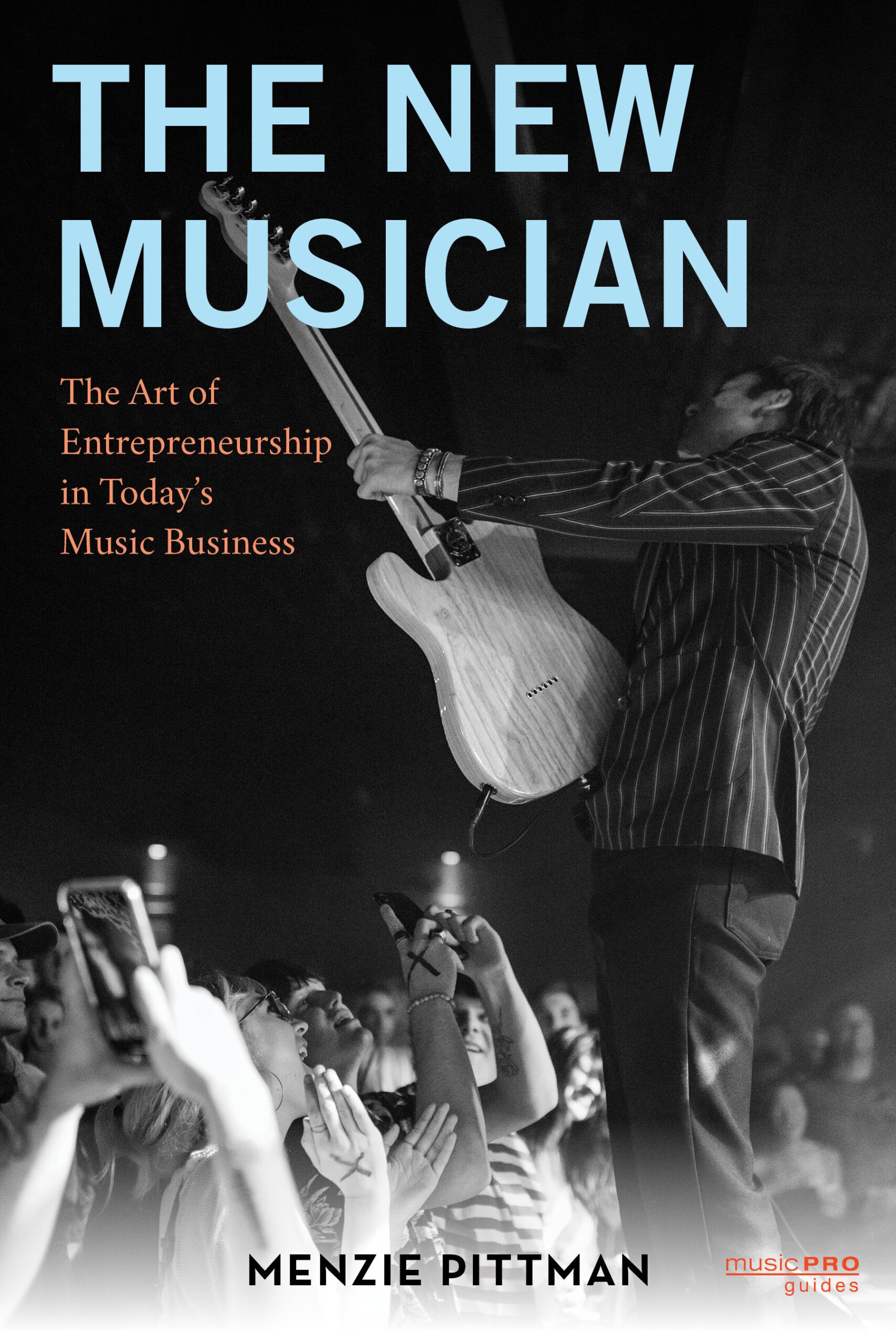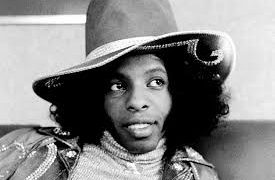 This month, I’m dedicating this space to a discussion I recently had with longtime MMR columnist and award-winning MI retailer and educator, Menzie Pittman (of Virginia’s Contemporary Music Center), about his recently released – and already critically praised – book, The New Musician:
This month, I’m dedicating this space to a discussion I recently had with longtime MMR columnist and award-winning MI retailer and educator, Menzie Pittman (of Virginia’s Contemporary Music Center), about his recently released – and already critically praised – book, The New Musician:
Before we get to the book, let’s talk about you and your life in music: what first drew you to music and music scholarship?
My first real influence was my father who was a professional jazz saxophonist. The music I heard around the house wasartists like Super Sax, Ben Webster, Art Tatum, Count Basie, Duke Ellington, Ella etc… My brother was also a drummer and exposed me to Little Richard and James Brown, and my sister was a folk music fan. Then, of course, Ed Sullivan did me the same favor he did the rest of the world, and after I saw The Beatles there was no looking back.
After playing for several years in the Georgetown club scene in D.C., I studied for seven years with an old school style teacher who focused on reading fundamentals, et cetera He did me the favor of never being impressed. I still incorporate some of his humor into my own teaching.
How did you first get involved in both music education and MI retail?
My introduction into music education came as a result of a relationship with a successful band director who reached out to me about helping the drummers in his jazz program. He then asked me to help his marching band percussion as well. Once his program started consistently winning competitions, my visibility among area directors changed, and teaching became the natural byproduct. MI retail happened because the owner of the store I was teaching for approached me about taking over his business. That was 35 years ago now.
Of the many impressive achievements at and with CMC, what sticks out as being “milestone moment(s)” for you?
I have been fortunate to enjoy so many unique moments. One big one for us was winning the NAMM Dealer of the Year award. Although we had experienced the fortune of winning several NAMM Top 100 awards, the Dealer of the Year award was a completely unique experience. That night, CMC was nominated in four categories and won three. What made it extra special was that my daughter Summer attended the event with me, and the evening was a very surreal experience for us.
Being asked to serve on the NAMM board was another one of those moments. And, of course, getting The New Musician published has been surreal.
What was the catalyst for writing this book?
Over the years I was seeing the same scenario repeat itself: Music teachers were teaching music, but business was taught as a separate topic, and rarely was the subject of creativity approached or incorporated. The notable music colleges were embracing the idea of incorporating music business into the discussion, but not every family is able to tolerate the exorbitant cost of today’s elite music universities. Another scenario I was seeing was music teachers only teaching from the experience of their particular instrument and/or performance experience. I felt a broader view would benefit our industry and todays new musicians. I truly believe it’s time for our industry to embrace a wider stance in music education, and business has to be part of that discussion. Music history should also be at the forefront and stand right beside innovation if we want our industry to advance on solid footing.
In what ways do you hope readers might learn from the wisdom within and benefit their own lives and careers?
That’s a great question. When I considered the book’s format, my intent was to not only offer an extensive range of topics and comprehensive understanding of musical styles, but also to go further and deeper into the “why” behind sustained success. In our industry, we teach the fundamentals of music well, but navigating a successful long term career is an entirely different matter. So, I diversified the interviews in order to cover as wide a range as possible. My goal was diversity on every front, and because I was able to land this cast of incredible artists, leaders, and business people, the reader has the opportunity to experience the music business from a rare catbird seat.
Outside of MI and MI retail and education, in particular, how do you see and hope The New Musician benefiting readers?
The first thing the book does is allow the reader to garner a vast amount of wisdom from extraordinarily successful achievers, and I urge everyone reading the book to Google all the names mentioned in every interview, because there is no better teacher than history itself.
Those that have come before us have paved a path based around trials and tribulations, so if we simply learn from them, we will gain wisdom to work from. That simple adjustment will save musicians years of heartache and frustration. In my opinion, this is where the book is unique. The readers simply need to find the common threads woven throughout the book that speak to them directly and personally.
If you were to pick 3 “bullet-points,” what do you feel are the factors that distinguish doing “music business” in 2024 from doing the same a decade or two, three decades ago?
In 2024 The game is faster than ever before, and technology continues to change it. Today’s artists have to manage not only music, but also business and promotion of their product, all while keeping up with new technologies simultaneously. That’s a demanding load.
Today, the record companies only seek out an artist if they are already established. Most major labels and/or management teams expect you to have proof that all the social media steps have been successfully taken, because a large established following is expected at the start. In years prior, the record companies helped you build that following by releasing and supporting your product. In today’s market, it’s the artist (not the label) that establishes and builds the following first.
Lastly, because technology is so prevalent in today’s industry, it falls on the musicians to stay relevant and aware of all fast paced changes. The down side to that is, our true responsibility should be to the music first.
Thoughts or words of wisdom to pass along to MMR readers regarding The New Musician and/or the industry, overall?
The most important takeaway for MMR readers and the music industry to know revolves around a term I often use: “specialized knowledge.” The soul of this book stems from heartfelt conversations from uniquely successful music artists and business leaders. It allows readers access to unique insights into the magic behind the music. The book gives the reader a seat at the table.





























